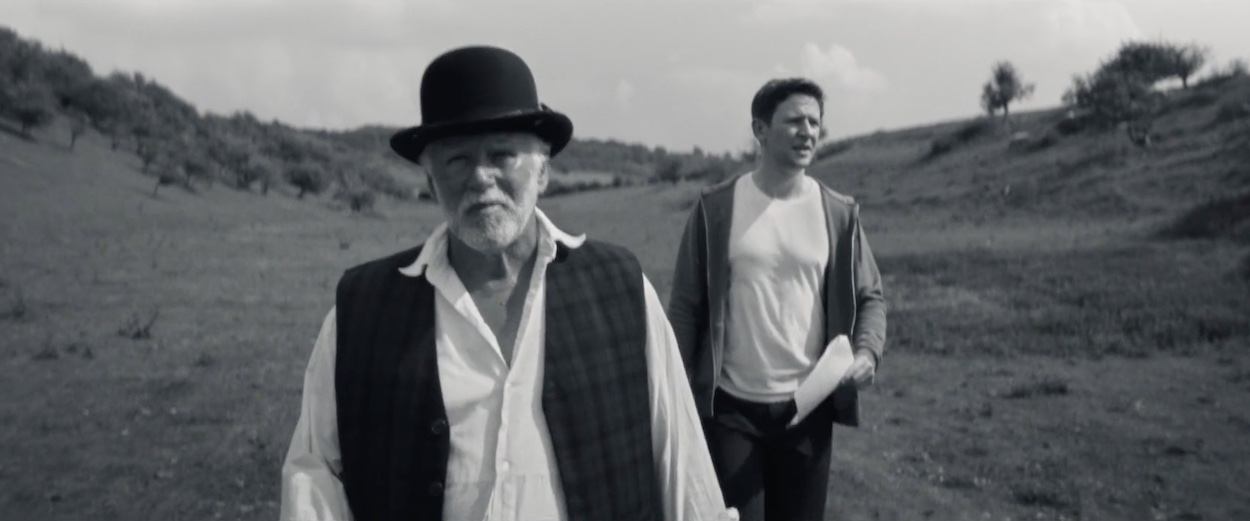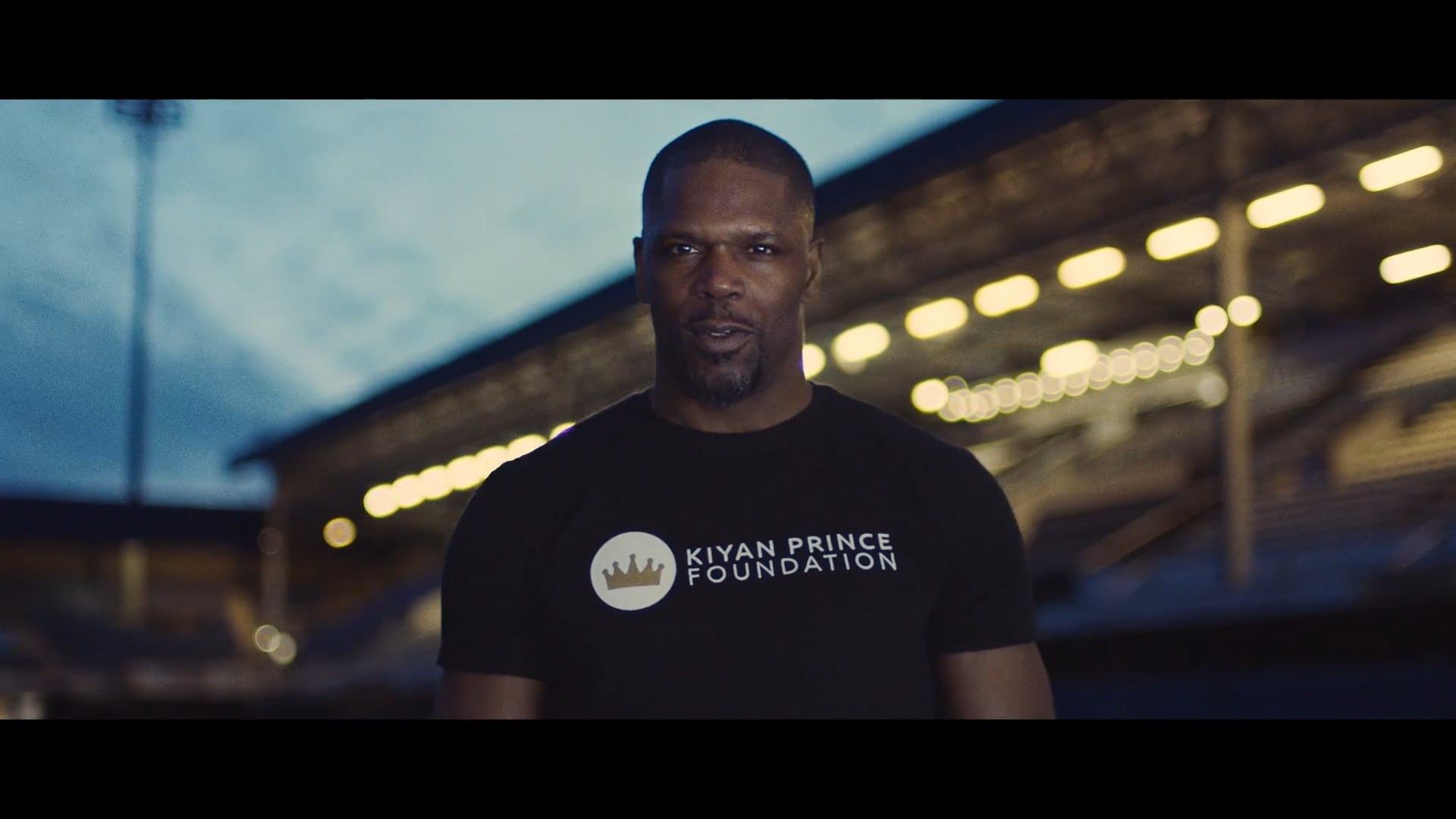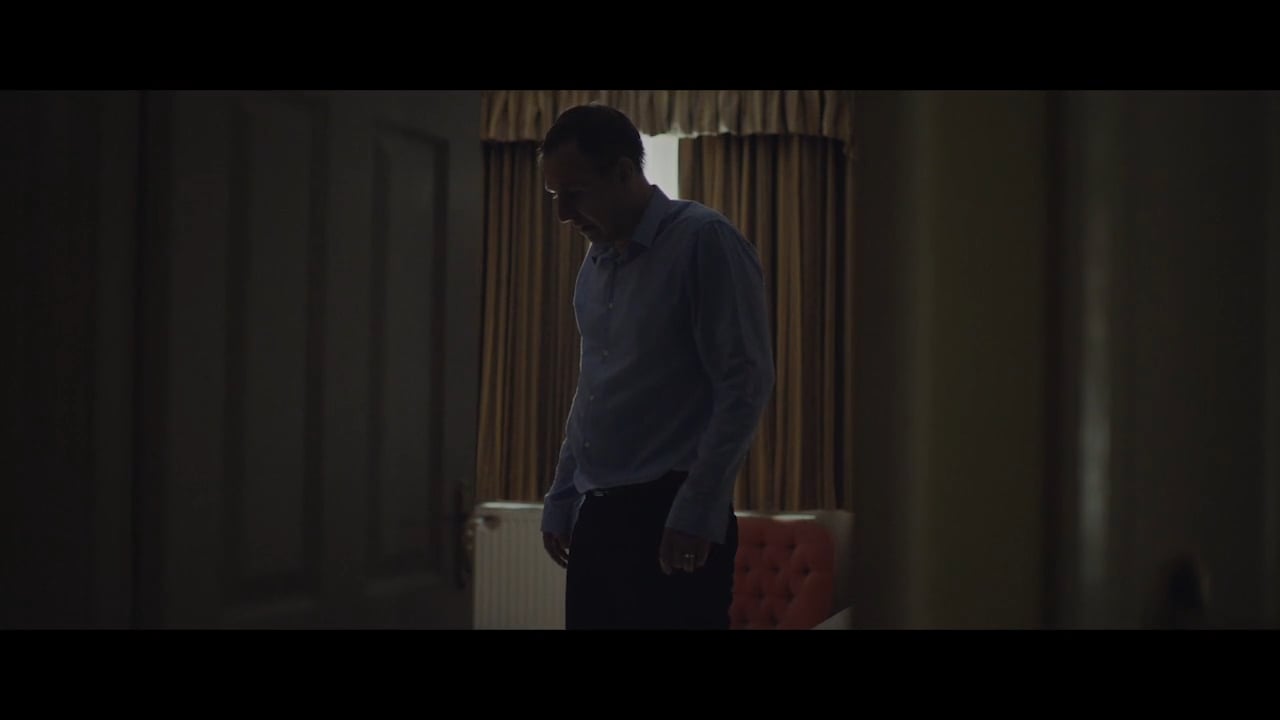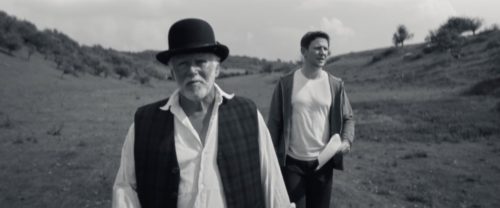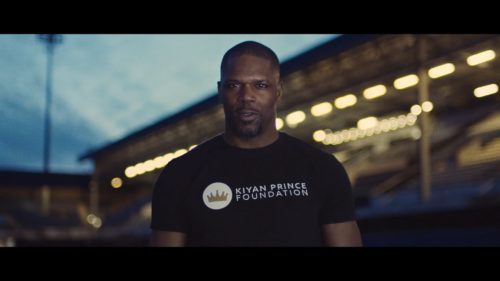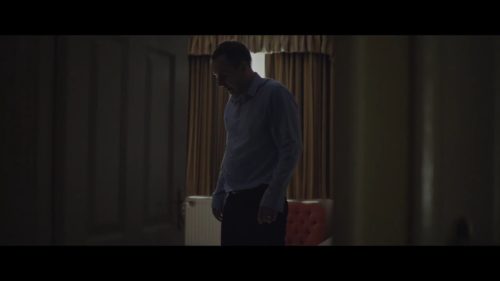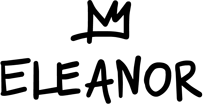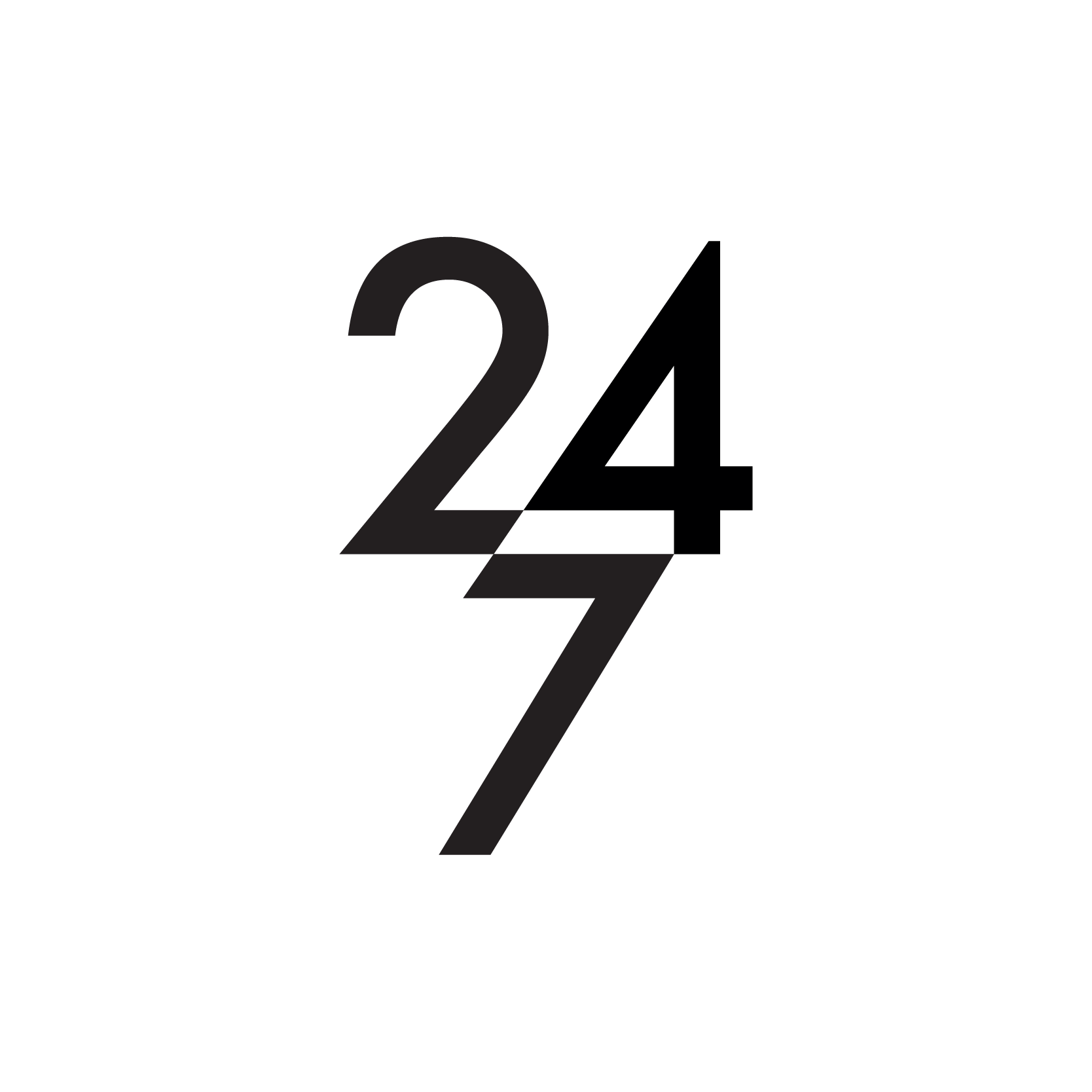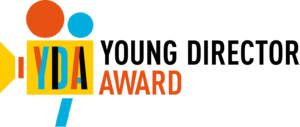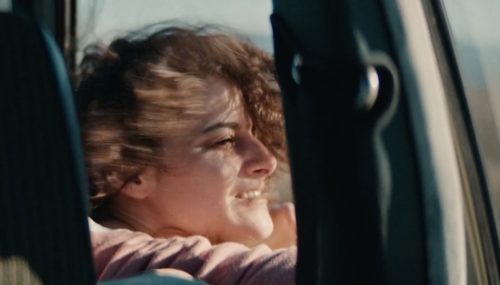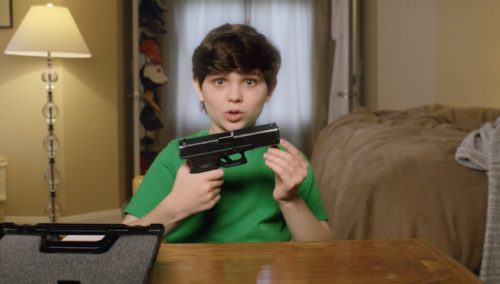You currently work as a creative director at Engine – when did you start thinking about branching out into directing? Have you always been interested in film?
Not really. It was only when I got into making adverts, that it first occurred to me as a job. However, for the first few years, it seemed a complete mystery. A bit like opening the bonnet of a car and staring at the engine. Eventually, I began to understand each part of the production and, thus, felt more confident that I might be able to have a go.
It’s also the natural next step on from writing ads (for me, at least). You think about how your script might look in your head as you write it, so it follows you want to take that vision through to the making of it.
Your most recent project, A Short Film, pokes fun at the concept of a short film – the micro budgets, the fact they’re never quite as short as the name implies, the metaphors, the shoehorned-in brand sponsorship. What sparked the idea and how did you choose which tropes you were going to send up?
In my day job, I get shown a lot of short films by production company reps. Even with the good ones, your heart does sink slightly when the loading bar stretches out to 12 minutes. I figured, if my film is ever going to be played to a couple of distracted creatives or a film juror on their 12th short film of the day, I’d do well to acknowledge the situation they find themselves in.
Half of the jokes are to do with the limitations of budget, such as no actors, limited CGI and finding sponsors. I didn’t have to think that hard to come up with them, as they were literally all the impediments I kept coming up against when trying to write a narrative that worked.
The contrast between the stunning cinematography and beautifully crafted shots, versus the tongue-in-cheek narrative, is what really makes the film. Were you inspired by any particular films or filmic aesthetic?
Being honest, I’m parodying a type of short film that you don’t often see – the Ingmar Bergman rip-off – with its pretensions, heavy metaphors and black and white cinematography. If I wanted to be a bit more on-the-nose, I’d have made something on a post-war council estate featuring loads of people in string vests shouting at each other, however, that’s a genre I actually quite like!
That contrast between the humour and visual style was a way of having my cake and eating it. I find it easier to write funny stuff, but that doesn’t often go well with artful cinematography.
In another short film cliché, you roped in a family member as one of the cast (your father, credited as ‘Director’s dad’). Did you have a hard time convincing him?
Hardly. This is a man who’s recently been on The Repair Shop and harbours ambitions to be the next star of Gogglebox. I think he’d be great in a larger role.
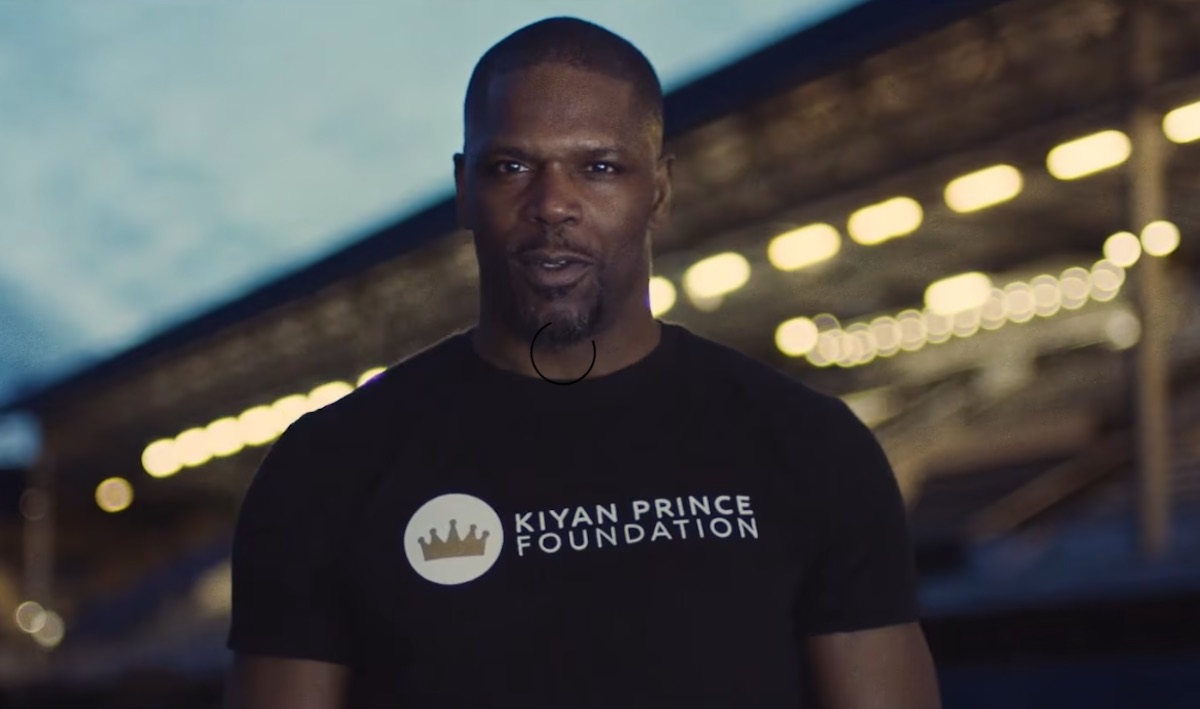
Kiyan Prince Foundation
A Short Film is quite a contrast to your two previous charity projects, for the Kiyan Prince Foundation and Women’s Aid. We liked the decision to tell a more uplifting story for KPF, despite the sobering subject, whereas Women’s Aid was hard-hitting and brilliantly tailored to cinema and film ratings. Tell us a bit about how you got involved in directing those projects, and what the biggest challenges were for you?
Again, it was that natural desire to see an idea I’d created all the way through to creation. In both cases, I approached the charities with the idea. That makes the creative process very easy as everyone is onboard with the idea from the outset. The hard part, as with all charity jobs, is trying to achieve a lot on a small amount of money and relying on the generosity of the many, many people needed to make it happen.
What themes or topics are you keen to explore in future projects, be they personal or commercial?
Until someone decides to hire me, it’s going to have to be personal work! And whilst making them is fun, their ultimate purpose is to act as a calling card for paid work. The dilemma then becomes, should I make a short film that might get attention at film festivals or a 60-second piece that apes the conventions of advertising, that gets me noticed by creatives.
How do you feel your experience and skills as a creative director compliment or augment your directing work?
Because my day job is all about creating and then protecting an idea, it’s definitely helped me when making decisions on set and in post – what’s integral to the idea and what can change. Even when working with some quite established directors, I’ve been surprised how frequently you realise they haven’t quite grasped the idea and are then making decisions that fight against it.
You’ve just got back from a couple of days filming the Marines at their Devon base, which sounds gruelling… what other projects do you have in the pipeline?
Loads of things in pipelines, but nothing concrete. That’s one similarity I’ve definitely noticed between being a director and creative. You’ve just go to keep chipping away at all of them, until you hopefully strike lucky.
Interview by Selena Schleh
David Dearlove website
